In celebration of International Women’s Day, we’re drawing some light on some of the most influencial women in music history. Read ahead to find out more about 6 women that made history through their work.
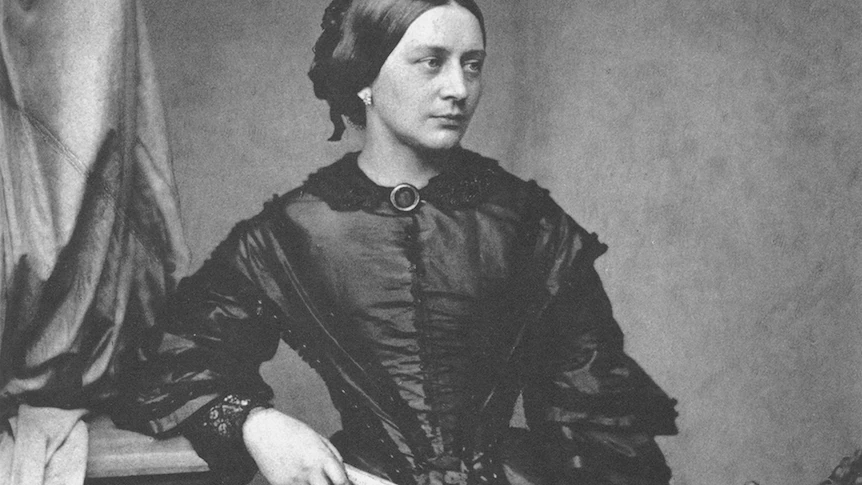
Clara Schumann (Composer, Pianist)
There was and still is a stigma around female composers but Clara Schumann was one to break this. She had an extremely successful career as a concert pianist, where she normalised playing piano from memory, changed the rules surrounding which pieces would be played at recitals and was a teacher who influenced many. Her own compositions are now being given the recognition that they deserve, especially her 1846 Piano Trio in G minor. Schumann was also a devoted champion of the work of her husband too throughout her career.
“I once believed that I had creative talent, but I have given up this idea; a woman must not wish to compose – there never was one able to do it, am I to be the one? It would be arrogant to believe that.” – Clara Schumann
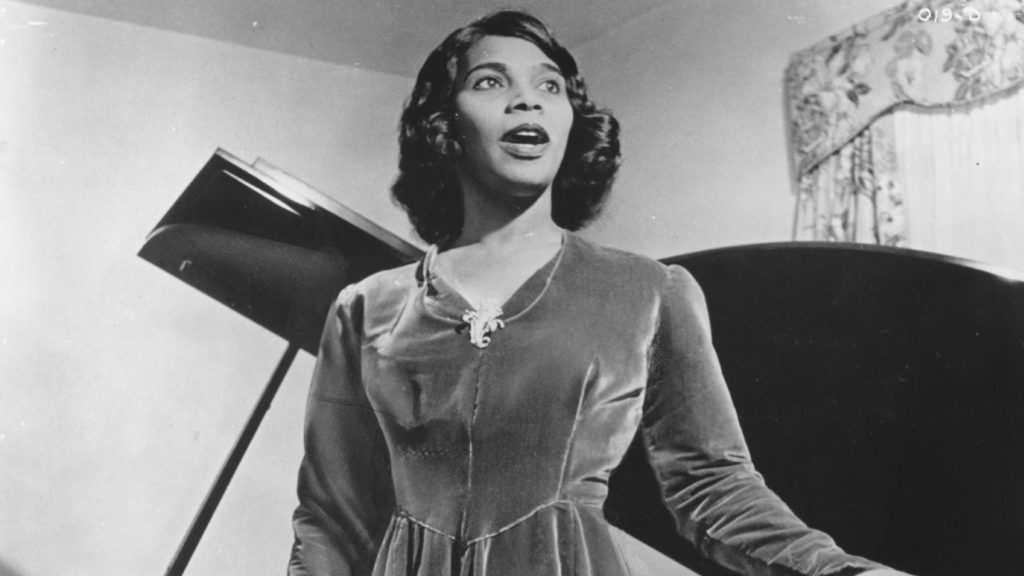
Marian Anderson (Singer)
Known as one of the most influential vocalists within the first half of the 1900s, Marian Anderson was a distinct figure in the equality for black artists fight. She continued to carve the way for musicians of African American descent and was the first black musician to perform at the Metropolitan Opera back in 1955.
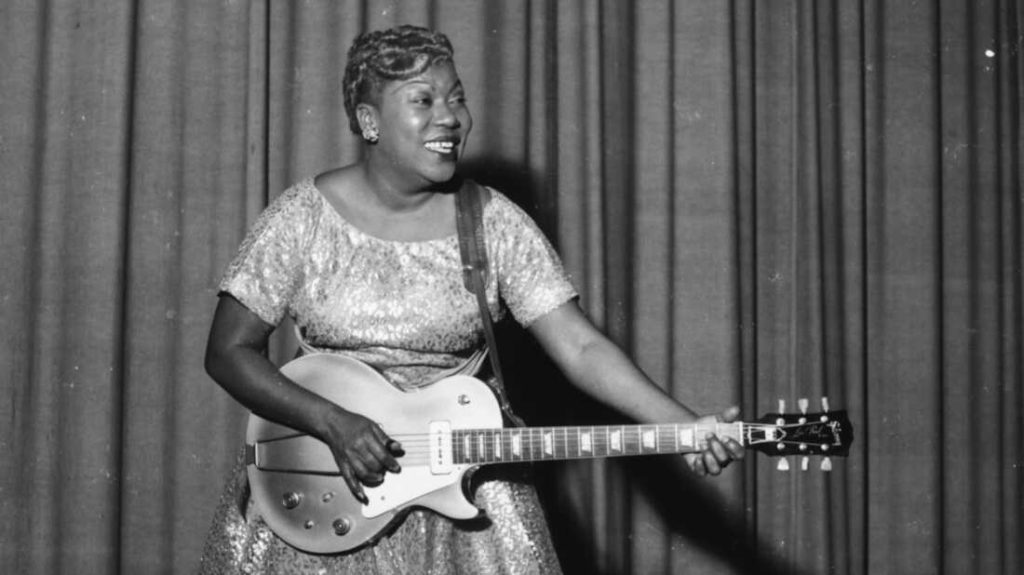
Sister Rosetta Tharpe (Singer, Songwriter, Guitarist)
Sister Rosetta Tharpe had a very heavy influence on popular and spiritual music in the 1930s and 1940s. Referred to as the ‘Godmother of Rock ‘n’ Roll’, Tharpe inspired the likes of Elvis, Johnny Cash, Little Richard, Chuck Berry and Jerry Lee Lewis and is now even more admired than she was in her lifetime.
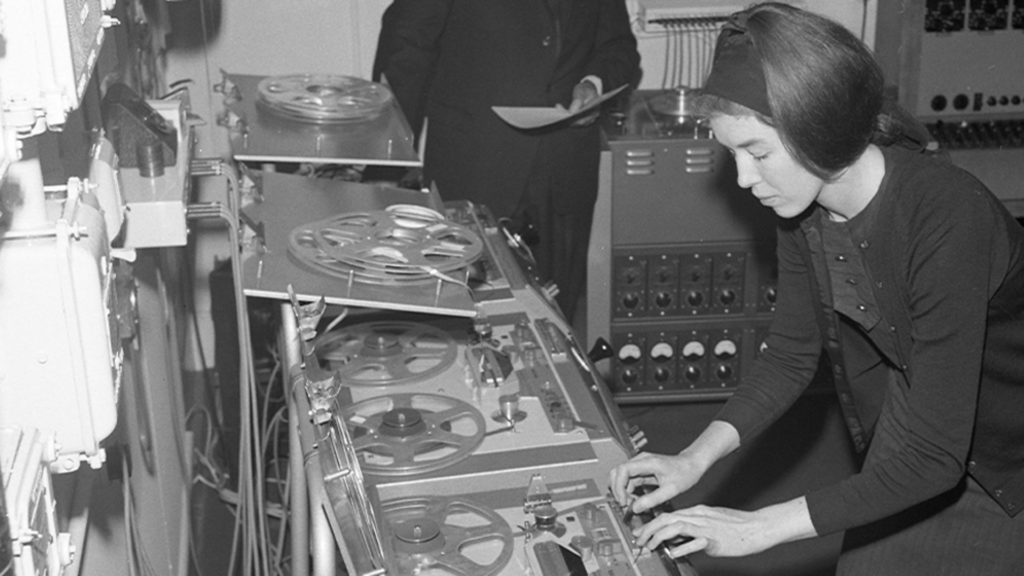
Delia Derbyshire (Producer)
Delia Derbyshire played a big part in co-creating the iconic Doctor Who theme tune and revolutionised British techno music. The theme was written by composer Ron Grainer and then passed onto Delia who worked at the BBC Radiophonic Workshop, where she worked with a sound engineer to create the theme tune using very limited electronic equipment. This included tuning and working with oscillators, cutting notes together and creating sounds that moved in time with the graphics of the opening theme, which took around 3-4 weeks.
When Ron heard the tune, he stated: “Jeez Delia, did I write that?!” and then said that she deserved half the writing royalties. In those days, BBC staff did not get royalties so Delia never received her half – she would have been very wealthy if she had! Delia was approached by Tomorrow’s World who visited the Workshop and watched her demonstrating her extremely organic and human, yet revolutionary process for recording sounds that didn’t exist previously through the use of technology. For example, she sped up or slowed down tapes to create higher or lower frequency sounds.
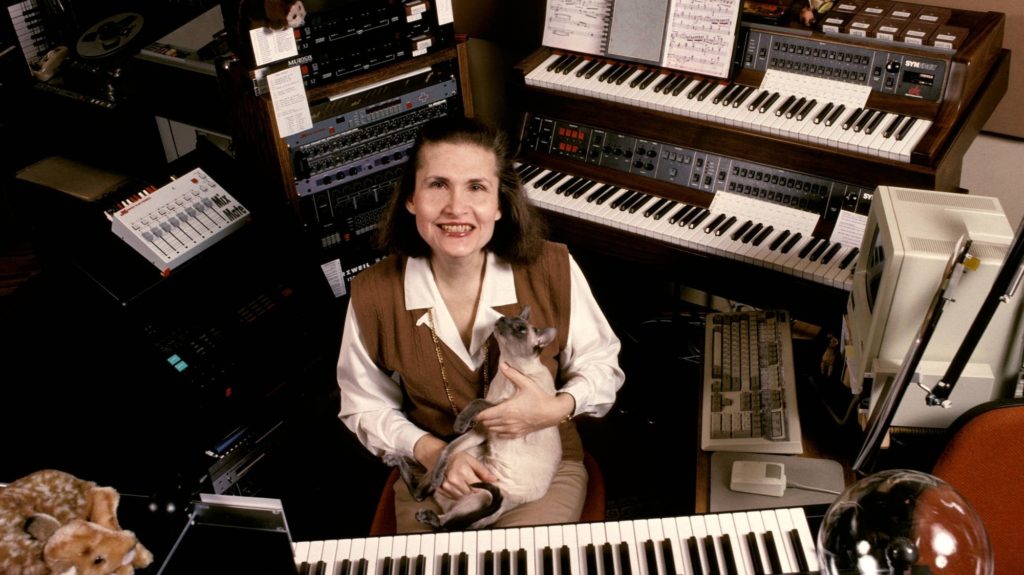
Wendy Carlos (Composer, Musician)
Known for her incredible film scores and electronic music, Wendy Carlos was the first transgender individual to receive a Grammy award. She was even involved in the development of the Moog synthesiser – an impressive creative and innovator worth reading about further.
Women have always played distinctive roles within the growth of the music industry and continue to break boundaries. From here, they can only increasingly be given the credit they truly deserve.
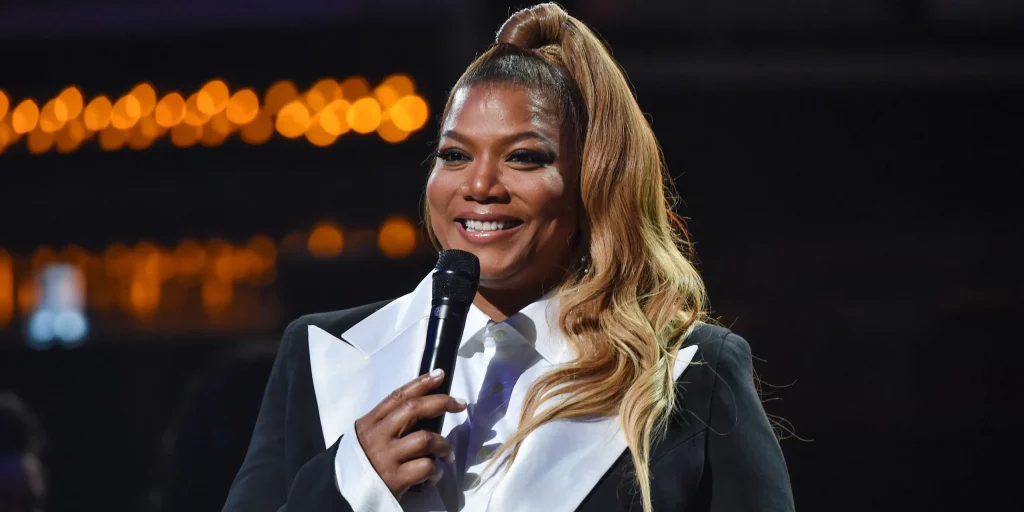
Queen Latifa (Hip Hop Artist / Rapper)
Queen Latifa was the first female hip hop artist to win a grammy – in 1995 – the same year that the group Salt-N-Pepa won (first female rap group to win a grammy). Her lyrics explored women’s rights and the struggles of urban life. She moved between rap and R&B styles and in 2006 was the first rapper to earn a Hollywood Walk of Fame star.



